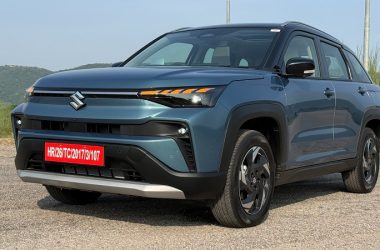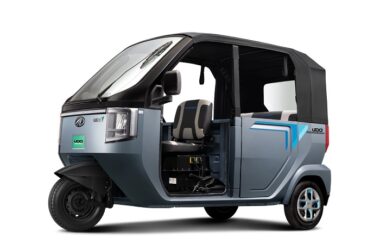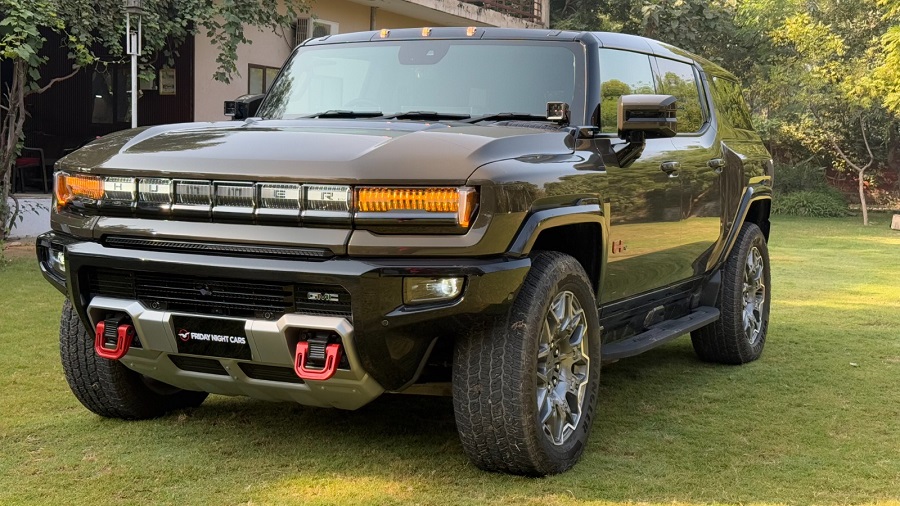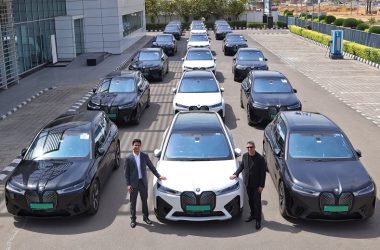In a strategic move to bolster India’s electric mobility ecosystem, the Ministry of Mines has unveiled multiple initiatives to secure critical resources and scale up advanced battery manufacturing. A centerpiece of this effort is the establishment of Khanij Bidesh India Limited (KABIL), a joint venture between National Aluminium Company (NALCO), Hindustan Copper Limited (HCL), and Mineral Exploration and Consultancy Limited (MECL). KABIL’s mission is clear: to identify and acquire global mineral assets essential for India’s energy transition, including lithium and cobalt.
One notable achievement is KABIL’s partnership with CAMYEN, a state-owned enterprise in Argentina’s Catamarca province. This collaboration will explore and develop five lithium blocks, securing a key resource for electric vehicle (EV) batteries. Additionally, ongoing talks with Australia’s Critical Mineral Office underscore KABIL’s commitment to diversifying its mineral portfolio.
To complement these resource-acquisition efforts, the Indian government has launched the Production Linked Incentive (PLI) scheme for Advanced Chemistry Cell (ACC) Battery Storage. Approved on May 12, 2021, this initiative aims to establish domestic manufacturing capabilities, reducing reliance on imported batteries. With a ₹18,100 crore outlay, the scheme incentivizes manufacturers to achieve a cumulative capacity of 50 GWh over five years. Beneficiary firms must meet stringent value-addition milestones, encouraging innovation and localization in battery production.
Another cornerstone of India’s EV push is the Faster Adoption and Manufacturing of Hybrid and Electric Vehicles (FAME India) Phase II. Launched on April 1, 2019, with a budgetary support of ₹11,500 crore, FAME II fosters domestic manufacturing of EVs and their components through a phased manufacturing program. By encouraging local production, the initiative aims to enhance India’s value addition in the EV supply chain.
The government has also greenlit a PLI scheme for the Automobile and Auto Component Industry, focusing on advanced automotive technologies, including electric vehicles. Announced on September 15, 2021, this scheme provides financial incentives to boost domestic manufacturing and attract investments, with a budget of ₹25,938 crore. To qualify, manufacturers must achieve a minimum of 50% domestic value addition, further solidifying India’s role in the global EV landscape.
These initiatives, highlighted by Minister of State for Heavy Industries and Steel Bhupathiraju Srinivasa Varma in the Lok Sabha, mark a decisive step towards making India a global leader in sustainable mobility. With integrated strategies for resource acquisition, battery production, and EV manufacturing, the country is poised to transform its transportation sector while reducing environmental impact.








